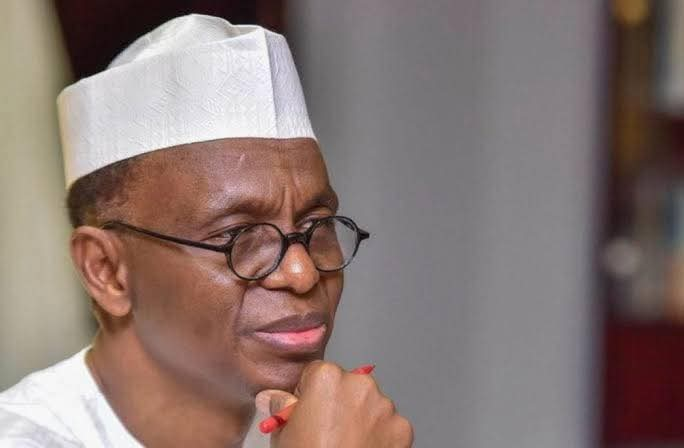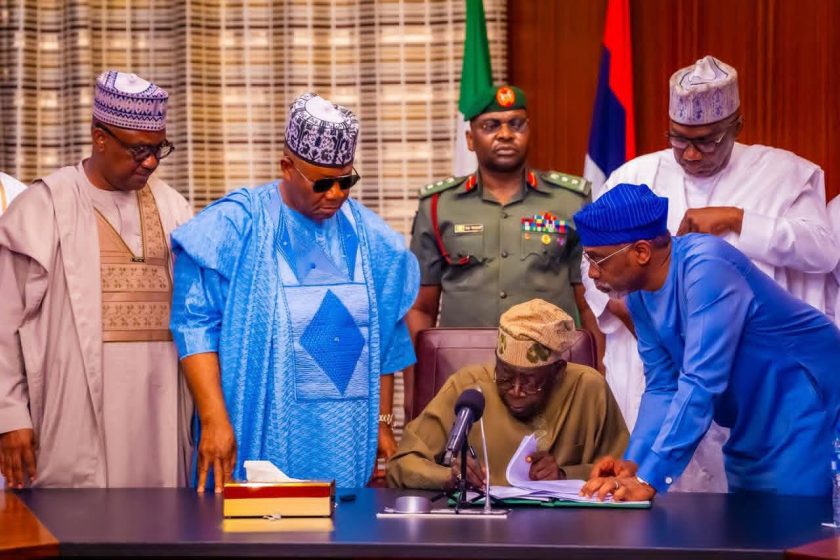By Nze Chukwuemeka Alex Duru
Being asked by Sylvester Asoya to do a foreword on the book: Waiting for tomorrow (Reflections on my country, Nigeria), is a pleasure that comes with a task – meeting his standard. It is akin to an invitation to a dinner by a great chef. Asoya is a utility writer with scintillating style.
Waiting for tomorrow is a fascinating narrative of what Nigeria has become – a system in constant flux, on the wrong note – with a warning to do the needful to avert an implosion. Aside raising the alarm on the uncertain trend of events, the book provides perspectives on the way out. Rarely does one come across a writer with courage and candour to the point of challenging the status quo.
The author locates the problems of Nigeria on leadership failure. He argues forcefully that Nigeria currently exists at the pleasure of a covetous political elite, hence government’s performance and results have remained abysmally poor, over the years. He blames lack of vision for this apparent failure.
The topic, “Our tragic parallel fate with the Arab”, exposes Nigeria’s contemporary politicians who, lacking in vision and conviction, plays up the issues of ethnicity and religion to keep the people constantly at war with each other.
This lack of commitment on the part of the leaders accounts for the stagnancy in the country, forcing the youths and professionals to leave the country in large numbers in what is termed brain drain. Predictions of public hospitals being deserted, have come true. The same exodus of good hands and consequent fall in standard runs through the universities and entire education sector. The people also share in the drift by not making the right choices and informed decisions on matters of election. In ‘Waiting for tomorrow’, Asoya captures the disappointment Nigerians are going through in the hands of leaders who promised them change. He writes from the point of a field man who had started off on high hopes and has contributed his quota in making the country great but watches as the entire structure is being brought to ruins by a succession of lecherous leadership. As with other concerned Nigerians, his hopes of arresting the drift after the 2015 elections, are further shattered in continuation of the progressive decay.
There is no how a mindful reader of this book would not be touched by the quantum of damage on the system. Some portions evoke tears. The conscious deployment of prose and lucidity of the flow, make the text more attractive.
The author writes as he argues forcefully in real life – traits of courage he acquired from his late Mother, Bridget Obiageli Asoya, who he fondly describes as a remarkable woman who lived a life on her terms”. You may disagree with his gestures but certainly not the profundity of his thoughts. They are deep.
Some sections of the book tell the story of the country as it is. “Nigeria: A land of strange heroes”, attempts a critique of characters celebrated as heroes, who in actual fact, do not deserve accolades heaped on them. It frowns at an entity that promotes looters, felons and cheats, adding however that in the midst of the confusion, the people know their leaders. For the author, any survivor of the inept leadership in the country, is a hero.
Asoya is not a perpetual sad man. The book is not all about lamentations. It has time and space to celebrate the selfless contributions of great minds like Dr. Nnamdi Azikiwe, Chief Obafemi Awolowo, Alhaji Ahmadu Bello and other patriots who literally put their lives on the line in the struggle for independence. It also pays tribute to literary giants like Prof Chinua Achebe, Wole Soyinka and other eggheads for expanding the frontiers of knowledge in the country. Zulu Sofola is given special mention as a trail blazer and being “ahead of her time” for venturing into the world of theatre that was at the time, an exclusive preserve of men. For her courage, she became Nigeria’s first published female playwright and Africa’s first female Professor of Theatre Arts.
Another interesting topic, “The scramble for Nigeria”, presents the paradox of exploits of Nigerians abroad and the climate of frustration at home, where incompetence, politicization of offices are the norms. The section calls for a new approach to politics, arguing that the ideal Nigeria may not be possible without social harmony, underlined by love, trust and respect for one another.
Paramount in the task of fashioning a new Nigeria is repudiating the impression that Nigeria belongs to a clique or particular group. It is this noxious attitude that encourages a sense of entitlement in some, hence the thinking that they are born to rule, while others are to serve. The author disagrees with such mindset. He in fact, sniggers at godfathers who he says, are self-seeking and evil-minded individuals who live on the commonwealth of all Nigerians. It is his desire for Nigerians to assume ownership of the struggle to defeat the godfathers and their cohorts if the country should make any head way. His argument that, “Certainly, one thing is sure; we cannot leave our politics in the hands of demented people for the reason that politics is superior to every other human activity” can hardly be faulted.
Through this book, Asoya has put into form his contribution to the making of a new Nigeria. Few people can piece together the various essays and experiences in a normal breezy newsroom setting into a clear and comprehensive text, as presented. The areas covered are wide, ranging from opinion articles, features, news features, analyses, drama, personality profiles, human angle, economy and contemporary politics.
The success of this outing poses huge challenge to other journalists and media practitioners to follow suit. What he has done is a great work, a legacy for the future generation.
The simplicity of the language in “Waiting for tomorrow”, is amazing. But most attractive is perhaps, the conscious minimal application of the use of the first letter, ‘I’, even in illustrating personal experiences. By that, he leaves his narration open to the reader to make his conclusions.
A thematic arrangement of the topics would have made for easier read but given that these were experiences garnered at different times, the inherent lessons are not affected.
It is for me, a rare privilege to write the foreword for this book that I consider a storehouse of knowledge and scholarship. The book is highly recommended for students of History, Political Science, Mass Communication, Journalism, Theatre Arts and indeed, everyone in genuine search of knowledge on contemporary Nigeria.
*Nze Chukwuemeka Alex Duru,
Editor, TheNiche Newspapers,
Lagos, Nigeria.




